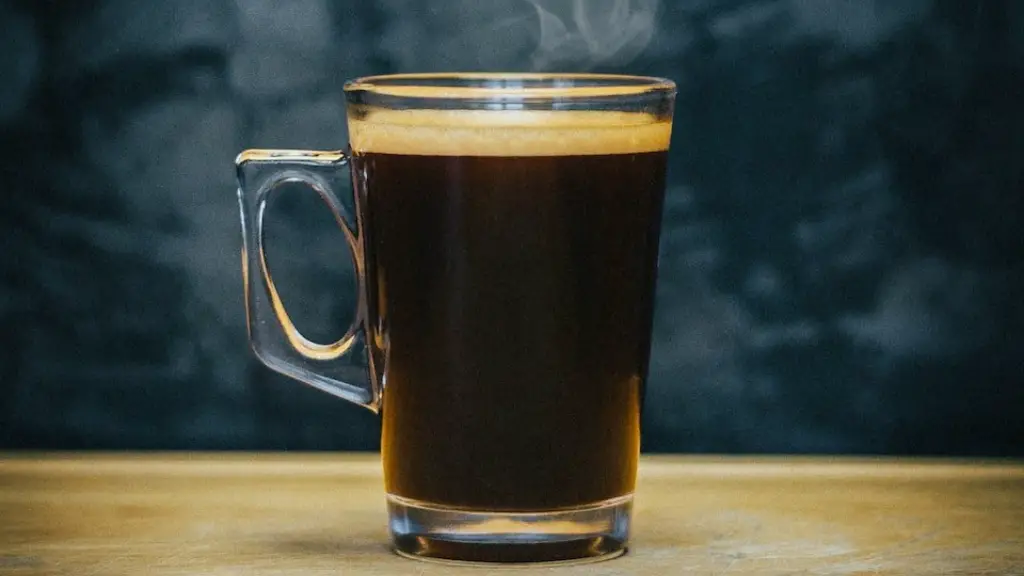When we want a jolt of energy, many of us reach for a cup of Joe – coffee. But if you recently had one or more wisdom teeth removed, you may be wondering if coffee or other caffeinated beverages are still safe to drink following your wisdom teeth removal.
It’s an understandable question to ask your dentist or oral surgeon, but the fact is there is no universal answer to whether coffee and other caffeinated beverages are safe to drink after wisdom teeth removal. Different dentists and oral surgeons have different opinions when it comes to the safety of caffeine consumption.
Some dentists may advise you to completely avoid caffeinated beverages following your surgery, while others may not have any particular restrictions, says Dr. Patricia Cook, DMD, a cosmetic and implant dentist in New Jersey. That’s why it’s important to discuss your individual situation with your dentist or oral surgeon.
There are a few reasons why some dentists recommend avoiding caffeine after dental surgery, explains Dr. Cook. Caffeine is a diuretic, which means drinking it can cause dehydration. After wisdom teeth removal–as with any other surgery–replenishing fluids is key for optimal healing, and dehydration can slow down the healing process.
Additionally, caffeine can increase your blood pressure–even if only temporarily. Higher blood pressure can cause the blood vessels in your mouth to be more visible, which can, in turn, mean more bleeding after your surgery. Drinking caffeinated beverages could also increase swelling in your jaw.
Dr. Cook suggests relying on non-caffeinated fluids such as water, sports drinks and juices to help stay hydrated and to speed up your recovery. But, if you don’t want to do without your daily crush, she does not necessarily advise against it either.
Dr. Cook recommends a moderation approach when it comes to caffeinated beverages. “If you absolutely have to have it, then have a small cup,” she says. “But also drink plenty of fluids with no caffeine in them to ensure proper hydration. And if you experience any pain or swelling, go back to avoiding caffeine.”
You should also pay close attention to any medications the dentist prescribes to you. Some of these medications can interact with caffeine or increase its effects, so it’s important to read the warning label and understand what medications are safe to take with caffeine.
Care and Comfort Tips
When wisdom teeth removal is performed in a healthy person, the recovery time is usually about three to four days. However, you can reduce pain and speed up recovery by following a few tips and tricks. Here are some things you can do:
- Take your medications as prescribed.
- Keep your mouth clean; gently brush your teeth and use mouthwash.
- Use a cold compress outside the mouth to reduce swelling.
- Gently rinse your mouth with warm saltwater.
- Avoid using a straw, smoking or drinking hot liquids or alcoholic beverages.
If you experience significant bleeding or worsening pain and swelling, contact your dentist or oral surgeon immediately. It’s important to follow their particular instructions to ensure a healthy and smooth recovery.
Caffeine Alternatives
If you’re avoiding caffeine after your wisdom teeth removal, fear not—there are many alternatives that can provide a boost in the morning or when you need some pick-me-up in the afternoon. Herbal teas are a great source of hydration and can provide light stimulation; try varieties such as ginger, green tea and chamomile. Additionally, try out a few of these options for a jolt of energy without caffeine:
- Kombucha
- Carbonated water
- Fruit juices
- Coconut water
- Sparkling water
- Smoothies
Physical Activity
Physical activity can also help boost energy levels and can even be used to reduce pain and speed up the healing process. Start with light exercises such as walking, swimming, or low-impact cardio. As your healing progresses, you can add more challenging exercises such as running or weightlifting.
Talk to your dentist or oral surgeon before starting any exercise routine. They’ll be able to provide specific advice and will ensure that you’re engaging safely in the activities – after all, your dental or oral surgery was meant to improve your wellbeing.
Nutrition Tips
If you’ve had one or more wisdom teeth removed, nutrition becomes even more important for recovery. Eating a balanced diet high in proteins and fruits and vegetables can not only give your body an energy boost but can also help your jaw heal faster. Make sure to stay hydrated by drinking plenty of water throughout the day.
Additionally, you may be unable to chew food following your surgery which can be frustrating. To get the nutrition your body needs, consider making smoothies or herbal teas. Some vegetables, such as sweet potato, are soft enough to be eaten without chewing.
Frequently Asked Questions
If you’ve had your wisdom teeth removed, it’s important to understand the unique aftercare requirements and potential risks. Here are some of the most commonly asked questions that patients have following their wisdom teeth removal:
- Will I need antibiotics following my wisdom teeth removal?
- How long will I experience pain after having my wisdom teeth removed?
- Will I need to replace my removed wisdom teeth?
- Can I drink alcohol following my wisdom teeth removal?
- Can I return to work/school following wisdom teeth removal?
- Are there any long-term complications associated with wisdom teeth removal?
It’s important to talk to your dentist or oral surgeon before and after your wisdom teeth removal to ensure a safe and smooth recovery. Your dentist or oral surgeon can provide individualized advice that pertains specifically to your particular situation.
The Final Word
It’s understandable for one to consider having some coffee following wisdom teeth removal. However, your dentist or oral surgeon knows your particular situation and it’s important to follow their specific advice when it comes to nutrition, physical activity and any other restrictions related to your surgery.
By following a mindful approach when it comes to nutrition, physical activity and caffeine consumption, you can ensure a faster, healthier recovery following your wisdom teeth removal.




